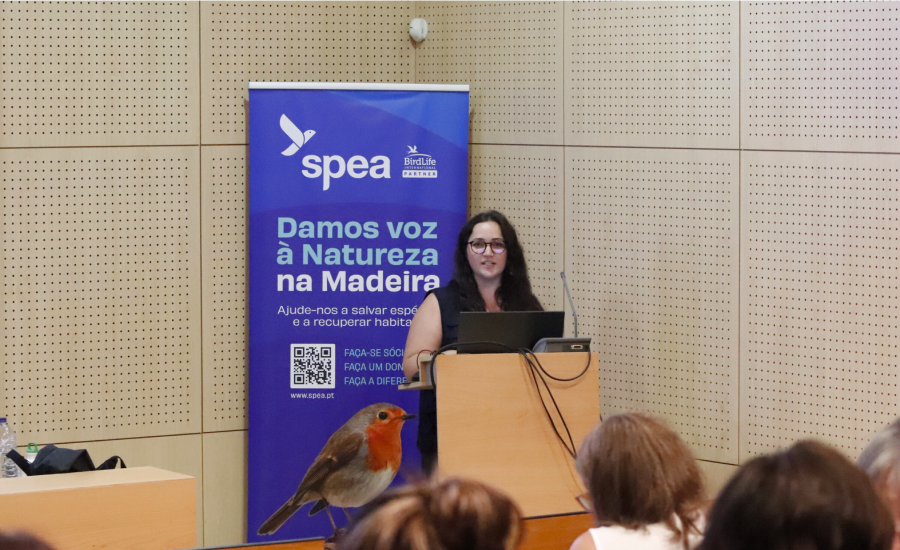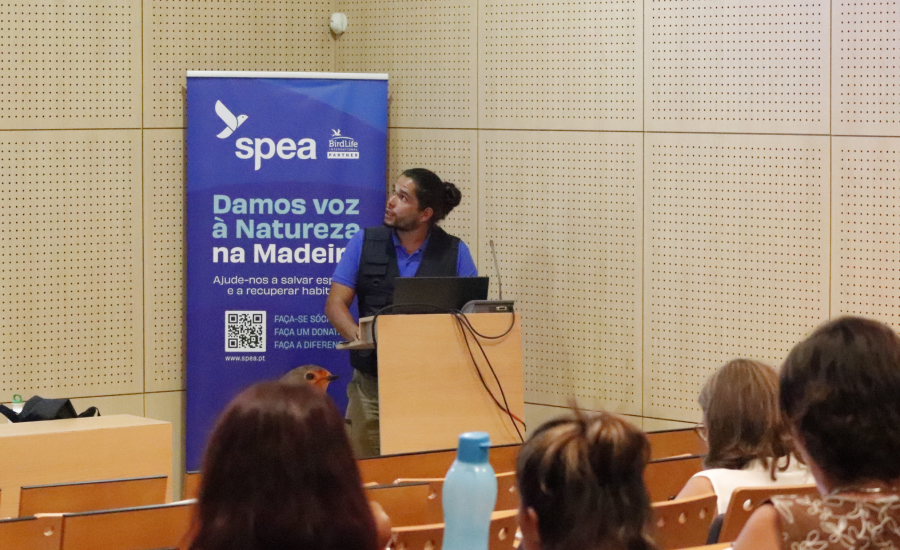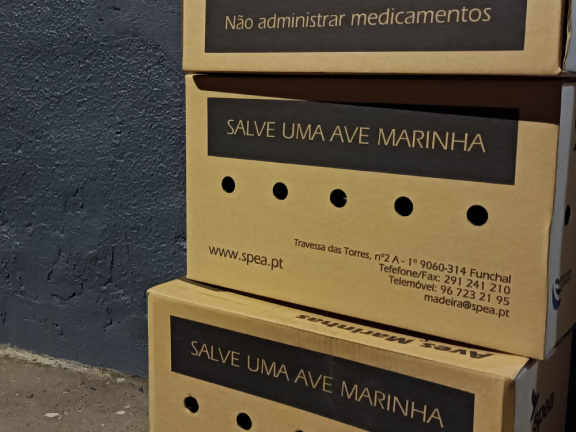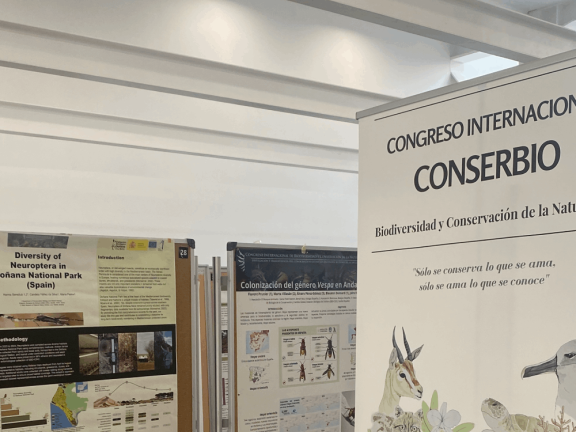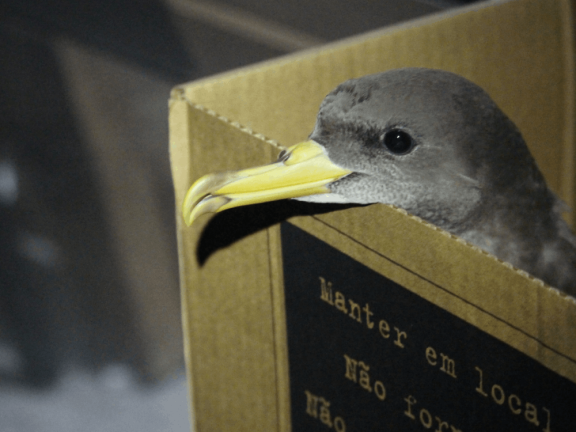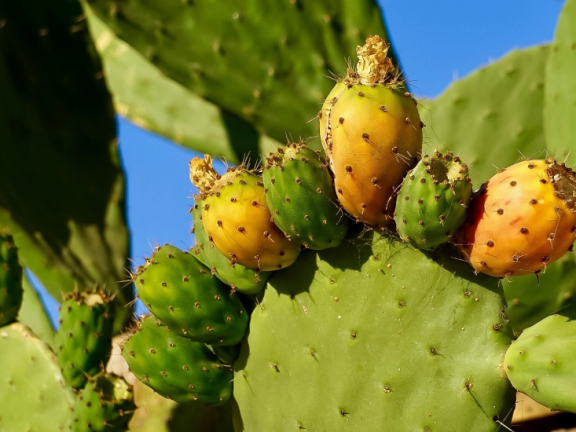On Tuesday, September 23, the auditorium of the Whale Museum in Caniçal hosted the training event “Invaders: island ecosystems in danger,” promoted by the Portuguese Society for the Study of Birds (SPEA) in partnership with the Machico City Council. Aimed at teachers, the initiative sought to raise awareness and train educators about the challenges facing island ecosystems.

The session began with the reception of the 13 participants, followed by Elisa Teixeira’s presentation on “Invasive species and their impact on ecosystems.” Elisa addressed the effects of introduced species on island biodiversity and highlighted the importance of understanding these threats in order to develop effective conservation strategies.
This was followed by Manuel Contreras’ presentation on the STOP Predators project: Assessing the impact of introduced species on seabird colonies. The objective of the project was presented, which aims to identify and mitigate the impacts of introduced predators on seabird colonies in Madeira through monitoring and the development of management solutions.
The third presentation, led by Maria Branco and entitled “Good practices for the use of protected areas in Madeira,” highlighted how to be and use the island’s natural areas responsibly and sustainably, ensuring the preservation of these fragile ecosystems.
After a short break, Maria Branco led a demonstration of environmental education activities, in which she presented the environmental education plan for the 2025/26 school year. At the end, one of the activities included in the plan was carried out: “Debate for the Environment,” in which the participants, divided into groups, took on the role of different entities or groups and debated solutions on biodiversity and its threats, seeking to reach decisions that would benefit both society and the environment.
The session ended with an open debate, allowing participants to discuss strategies, share experiences, and clarify doubts, followed by the closing of the session.
This training is part of the STOP Predators project, co-funded by the European Union’s BESTLIFE2030 program, and reinforces the importance of collaboration between the educational community and conservation organizations to protect endangered species and fragile ecosystems on the island of Madeira.
